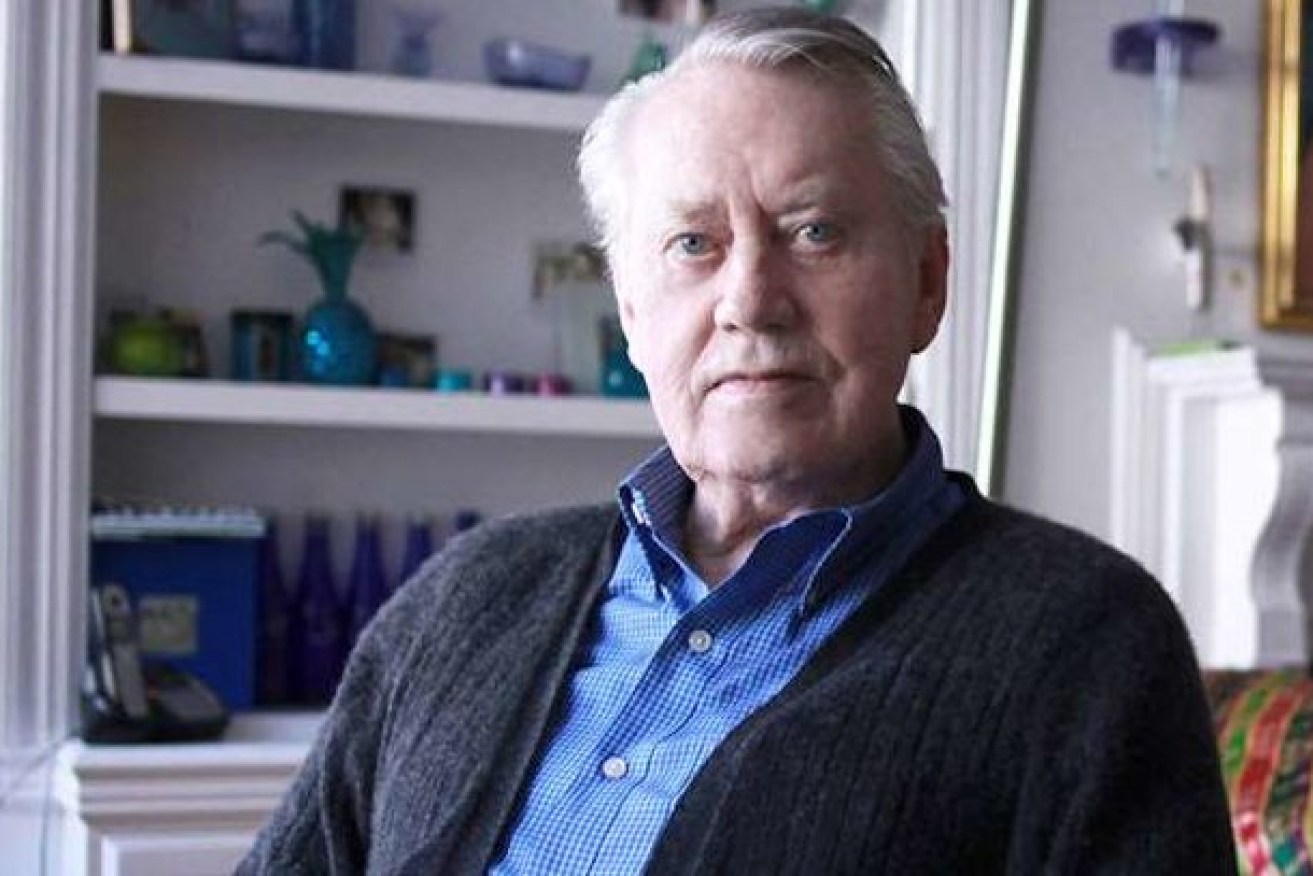This benevolent billionaire will soon be broke – why that’s a good thing for us all
Australia took more than $550 million of Chuck Feeney’s money and soon his organisation will have to close down. That’s a good thing, writes Sean Parnell

Benevolent billionaire Chuck Feeney (Photo: Atlanticphilanthropies.com)
Feeney, an Irish-American who made his fortune in the duty-free business, has devoted his retirement to giving away more than US$8 billion. Now 89, and still living in a rented San Francisco apartment, colleagues say he will be “thrilled” when that finally occurs later this year.
Across the Pacific, Queensland only became the Smart State because of Feeney. Through his organisation, The Atlantic Philanthropies, Feeney gave hundreds of millions of dollars to establish new institutes, and used his generosity to attract funds from others, building momentum for change.
Those touched by his generosity include University of Queensland’s Institute for Molecular Bioscience, and Queensland Brain Institute; Translational Research Institute; QUT’s Institute of Health and Biomedical Innovation, and Science and Engineering Centre; QIMR Berghofer Medical Research Institute; and Griffith University.
In a radio interview in Ireland earlier this year, Christopher Oechsli of Atlantic Philanthropies confirmed the organisation would be out of money by the end of 2020. After more than 35 years, Feeney would have nothing left to give.
“I think Chuck is thrilled with this,” Oechsli said, adding that Feeney had stopped travelling (always economy class) and was still in good health for his age.
“This has given him great satisfaction to have deployed his wealth in ways that make a difference and he’s able to see the fruits of his labours.“
Last year, Feeney was named a Queensland Great, his citation stating that “his contribution to Australian philanthropy in general, and to the development of educational, scientific and research infrastructure in Queensland, has been nothing short of game-changing”.
Feeney knew about Australia through his friendship with the late Australian tennis champ, Ken Fletcher, and others. The death of Feeney’s nephew from cancer motivated him to do more in health and medical research.
This coincided with the Queensland Labor government of Peter Beattie moving to diversify and modernise the state’s economy, through research, innovation and commercialisation, particularly in health. Feeney was pivotal in building institutions such as the Queensland Institute of Medical Research, as it was then known.
“There’s no doubt that the Smart State strategy was a success and there’s no doubt that his contribution was an important part of it,” Beattie told InQueensland.
“But now that he’s completed his investments it’s up to us to carry on the hard work.”
Former QIMR director Professor Michael Good, now with Griffith University, said that when Feeney first started giving money to Queensland he insisted on anonymity. He would take such a low-profile that those who didn’t already know him could easily overlook him.
“Chuck is quite an unusual and amazing individual, I’ve never met anyone quite like him,” Good told InQueensland.
“I’ve met many philanthropists but nobody quite as humble. He was very, very unpretentious. And he was very well read too – he carried the latest newspapers and medical journals around with him in a brown paper bag.”
(I met Feeney at a biotech conference in San Francisco many years ago, when his Australian efforts were still cloaked in secrecy. Expecting an intimidating wheeler-dealer, I instead found an approachable but obviously private man, someone who was interested in the details more than bold claims. Among the politicians, salesmen, and hired help, Feeney was easy to respect – and he was wearing the cheap Casio watch he became famous for).
Oeschli said that although Feeney gave more of his wealth away than other billionaires, comparatively and proportionately, he would not lecture them.
“He’s not going to dictate or tell anybody else what to do with their wealth,” Oeschli said.
“I think he does it more through example: ‘Try it, you’ll like it’.”
The Atlantic Philanthropies’ last Australian funding was in 2016 for the Australian Atlantic Fellowship Program, run out of the University of Melbourne.
Beattie said he hoped governments, organisations and Australian philanthropists kept the Smart State alive – a vision Feeney himself shared.
“Chuck Feeney, in partnership with the various universities and research institutes and the Queensland government was able to, if you like, launch a whole lot of opportunities for biotech and research,” Beattie said.
“The deals that we did with him were based on the fact that after these initial investments expired then we’d pick up the ball. That means state government, federal government, research institutions and the like have to continue to carry on the research.”












